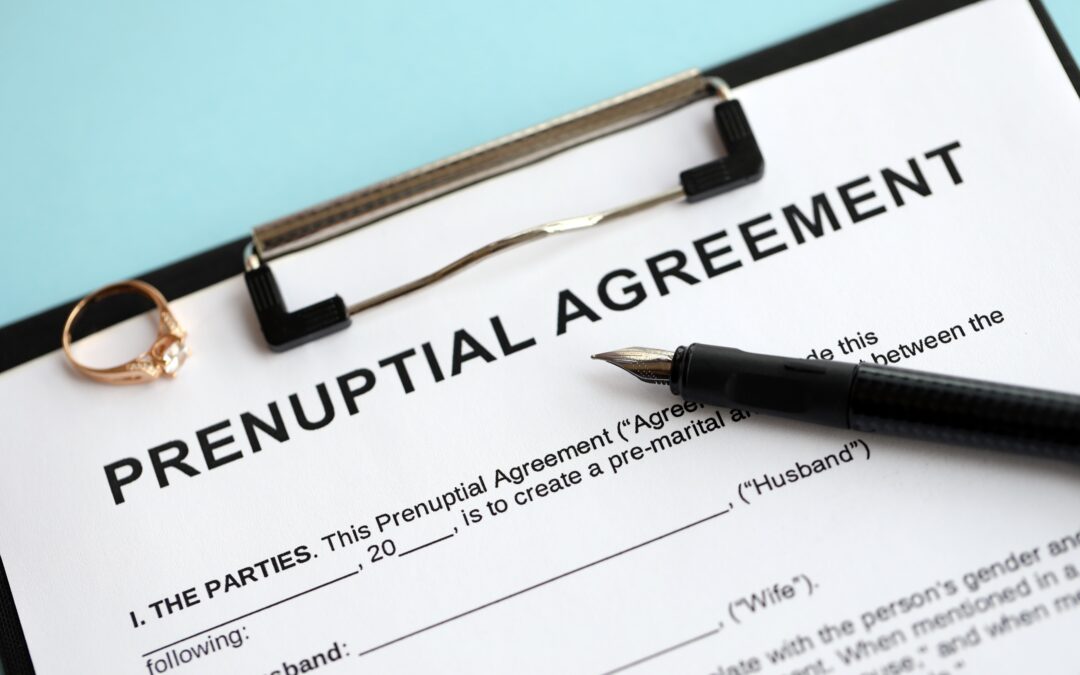If your fiancé is from another country or you plan on living in another country after you get married, there are some important things you need to know about prenuptial agreements. Different jurisdictions (states and countries) have varying laws regarding what spouses are allowed to agree to and can be enforced in court. Before you negotiate and sign a prenup, make sure you’ve shared pertinent information about yourself and your fiancé and your future plans with your attorney.
What Is a Prenuptial Agreement?
A prenuptial agreement is an agreement signed by a couple planning on marrying that addresses how the couple wants to handle financial matters in the event of divorce, separation and death of one spouse. Typically, the agreement will discuss issues like the division of property, spousal support and inheritance rights.
A married couple can accomplish the same goals with a post-nuptial agreement, which is essentially the same type of agreement as a prenup except that it is signed after marriage instead of before.
How Is an International Prenuptial Agreement Different?
When parties enter into a prenuptial agreement, they generally consult an attorney in the state or country where they are living. The attorney drafts an agreement that complies with the law in that jurisdiction. However, if a spouse is from or has property in another country or the couple will reside in another country during marriage, there may be unique issues arising from that jurisdiction’s laws that must be addressed in the prenup. For example, some contract terms may be unenforceable in another country because they are against the law or public policy of that jurisdiction.
Importantly, this issue can also arise within the U.S. where the parties move to another state. For instance, in Florida, a spouse cannot waive the right to counsel fees or interim spousal support from the other spouse in a prenuptial agreement.
How Should an International Prenup Be Handled?
Your attorney should consult with an attorney in the other state/country to determine if there could be problems with the enforceability of the prenuptial agreement. The prenup should also include a choice of law clause that indicates which jurisdiction’s law will govern how the agreement is interpreted and a forum selection clause that sets forth where the case will be heard.
Should I Get a Prenup?
Even if you aren’t wealthy, there are many benefits to a prenup, including encouraging communication, honesty and transparency in your relationship. Both of you have to fully disclose your finances and will need to discuss your financial values and expectations. If you have conflicts, it’s best to address them before they result in problems in your marriage.
If you are considering a prenup or post-nup, contact us to discuss how we can help you negotiate a fair agreement.

